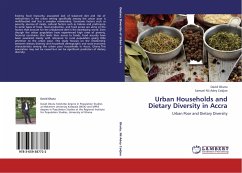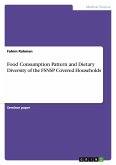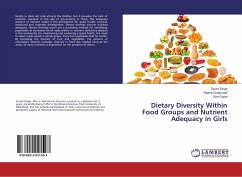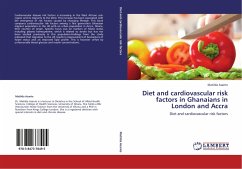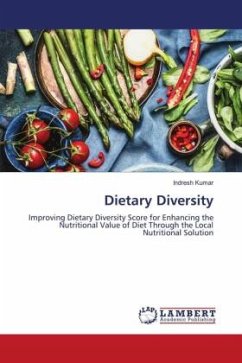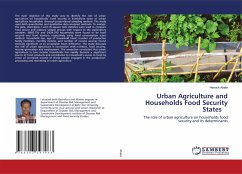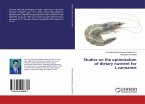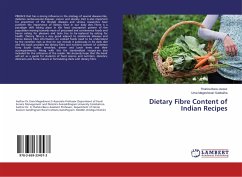Existing food insecurity, associated lack of balanced diet and risk of malnutrition in the urban setting specifically among the urban poor is multifaceted and has a complex relationship. Economic factors such as poverty, sources of meals, cultural factors such as taboos and preference to some types of food, food production, and food access are some of the factors that account for the unbalanced diet in the developing world. Even though the urban population have experienced high rates of poverty, financial constrains that limits their access to foods, food security have been examined mainly with reference to rural population giving little attention to the urban poor. This study focuses on the relationship between dietary diversity and household demographic and socio-economic characteristics among the urban poor households in Accra, Ghana.This association may not be causal but can be significant predictors of dietary diversity.
Hinweis: Dieser Artikel kann nur an eine deutsche Lieferadresse ausgeliefert werden.
Hinweis: Dieser Artikel kann nur an eine deutsche Lieferadresse ausgeliefert werden.

